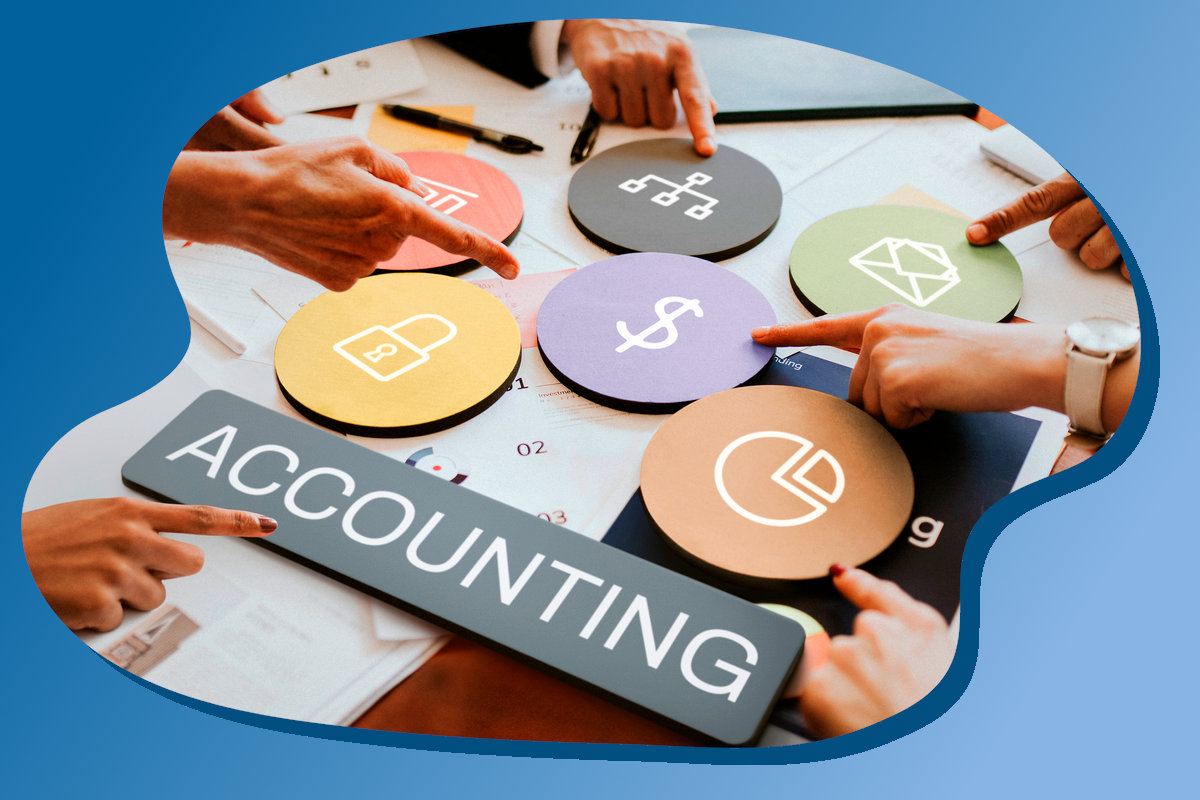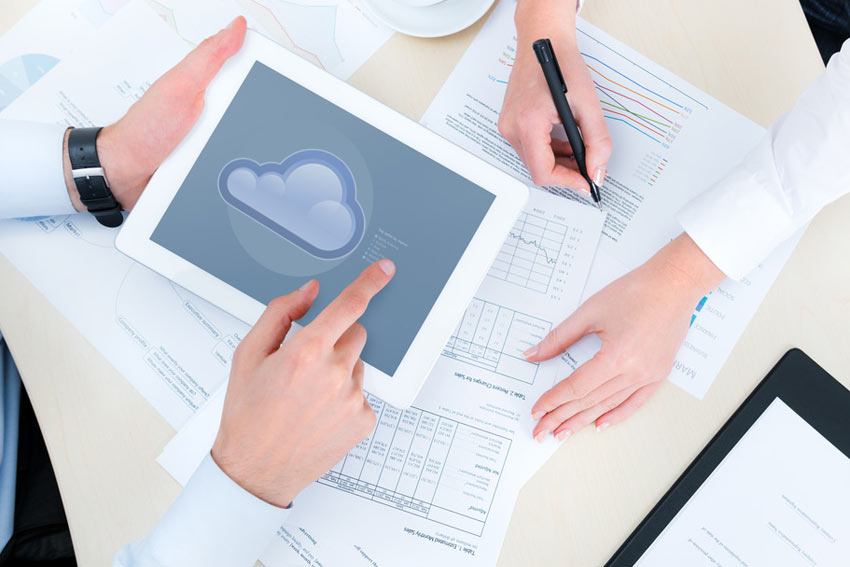Businesses have come a long way from keeping records on paper and handwritten calculations. Computer software has completely revolutionized accounting, and thankfully we can now take it to the next level with flexible and remote accounting services.
Accountants are always looking for ways to make their processes more efficient. Cloud accounting offers the next logical step for accountants, the ability to manage their client’s books anytime, anywhere. So, is now the right time to upgrade your account to the cloud?

What is Cloud Accounting?
We all know what the cloud is now. But if you’ve been living under a rock for the past decade or so, cloud computing facilitates remote data access and storage from anywhere with an Internet connection. Cloud Accounting simply takes the software you use for accounting and puts it in the cloud. With cloud accounting, employees can access everything related to company accounts remotely from a laptop, PC, smartphone or tablet.
Whether you want to manage your books, manage your company’s cash flow, track invoices, or use online payment solutions for accountants, you can do it all on the cloud.
Previously, companies had to run accounting software locally on personal computers or through a server on campus. As a result, accountants can only access the software they need on certain computers and all data is stored locally, leaving them vulnerable to risk or damage. In addition, in-house staff were responsible for updating the software. With cloud accounting, your business gets the flexibility and scalability of the cloud.
Cloud computing is often offered through a Software as a Service (SaaS) model. The vendor controls the availability of the software package, ensuring that companies receive the most up-to-date and secure accounting software. Additionally, data is no longer stored locally, and teams no longer need to worry about backing up their data.In addition to flexibility and remote access, cloud accounting reduces the burden on internal IT departments and can reduce costs.
Advantages of cloud accounting
Beyond accessibility, cloud accounting offers many advantages over traditional offline services.
- Security: Giving your data to a cloud provider may seem daunting at first, but you’re in safe hands. Cloud accounting allows professionals to control the protection and storage of your accounting operations, with advanced security protocols and backups available on multiple servers.
- Reduced IT costs: Building an internal IT system that allows multiple teams to work on the same book requires significant infrastructure and maintenance. Cloud accounting eliminates all hardware requirements to deliver seamless operations through an application or web browser, reducing overall IT costs.
- Cooperation: Cooperation between the accounting team and management is easy as employees can easily view the company’s books online. No longer are the books only accessible through fixed desktop computers. Instead, anyone with access rights can quickly view the latest sales numbers or see upcoming expenses.
- Moderation: Cloud services can be seamlessly scaled based on the scale of your workloads. Expanding your business typically comes with the headache of developing your computing resources. With Cloud Accounting, your service provider handles all the infrastructure, so growing is as easy as upgrading your SaaS plan.

Challenges of cloud accounting
While there are many potential benefits to using cloud accounting, moving your software to the cloud also comes with some challenges.
For starters, relying on cloud-based accounting software means you’re dependent on an Internet connection. Without constant good internet, the team working on the account can get behind and fall behind trying to approve payments and pay suppliers.
Next, depending on the size of your business, you can lock yourself into paying more for accounting software than necessary. Having just one or two people managing the company’s books can be too expensive for cloud accounting. SaaS packages are often priced based on the number of users and tend to get more affordable the more users you add.
Ultimately, moving to the cloud means that employees are throwing away accounting processes they’ve had to deal with for years. Adapting to a new software package and taking full advantage of cloud functionality comes with a learning curve that may require employee training.
Is It Time To Switch To Cloud Accounting?
Assessing your current accounting practices is key to understanding whether the benefits of the cloud make sense for your business.
Can you recoup the money spent on existing infrastructure? What savings can be made when the SaaS provider manages the software? What other savings are available through improved operations such as greater collaboration and streamlined processes?
For the right company, cloud accounting is cheaper to operate than having an in-house accounting team
What you can expect with cloud accounting:
- Estimated Monthly Expenses- No need to worry about IT issues that bring unexpected costs. Cloud accounting services are generally billed as a fixed bill based on the plan you choose.
- Current Software – As software changes constantly, vendors quickly notify you of new updates that can benefit your business and allow you to use the latest technology.
- Combined Functions- Cloud accounting software gives your team access to a single platform where everyone can work together. This makes work easier for everyone involved and allows your business to integrate into broader cloud-based workflows.

Accounting services that are right for you
There is no single solution to your business accounting. What works for you may not work for others. However, cloud accounting is a compelling issue for many businesses. With greater flexibility, scalability, and potential savings, outsourcing your accounting software to the cloud offers significant benefits.





